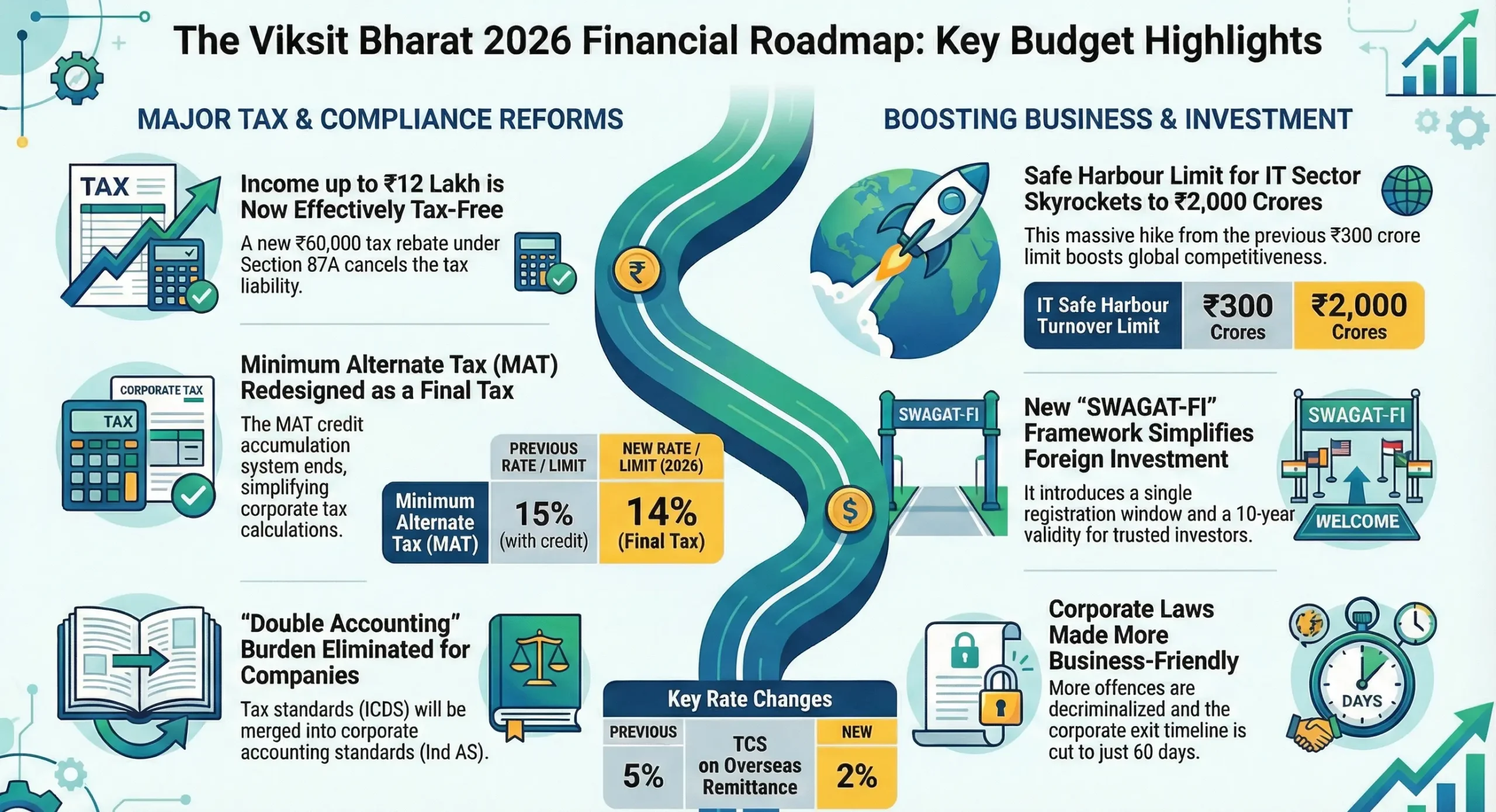- Executive Directors / Whole Time Directors of Public Listed Company
What are additional compliances that are required to be complied with for payment of remuneration to Whole Time Directors / Executive directors of the listed entity?
Remuneration payable to Whole Time Directors / Executive directors of listed entities is mainly governed by the Companies Act 2013. Whereas SEBI (Listing Obligations and Disclosure Requirements) Regulations, 2015 [SEBI LODR] does not govern much with respect to payment of remuneration. There is only one aspect where SEBI LODR governs the payment of remuneration i.e. payment of remuneration to the promoter director. As per Regulation 17(6)( e) of SEBI LODR, fees or compensation payable to executive directors who are promoters or members of the promoter group, shall be subject to the approval of the shareholders by special resolution in general meeting, if-
- the annual remuneration payable to such executive director exceeds rupees 5 crore or 2.5 per cent of the net profits of the listed entity, whichever is higher; or
- where there is more than one such director, the aggregate annual remuneration to such directors exceeds 5 per cent of the net profits of the listed entity:
Provided that the approval of the shareholders under this provision shall be valid only till the expiry of the term of such director.
Explanation: For the purposes of this clause, net profits shall be calculated as per section 198 of the Companies Act, 2013.
There are no major restrictions on the payment of remuneration for an executive director or whole-time director of the listed entity. But remuneration payable to the executive director or whole-time director of the listed company needs to be disclosed in detail to the shareholders in the annual report. Also, it is subject to scrutiny by Proxy Advisory firms. Further, ESOPs exercised at exercise price by the executive director or whole-time director is also calculated as part of directors’ remuneration in that particular year.
- Non- Executive Directors of Public Listed Company
In addition to what has been discussed in our earlier series of payments of remuneration to non-executive directors of listed entities in this write up we are discussing what are additional requirements with respect to payment of remuneration to non-executive directors of listed entities.
What are additional compliances that are required to be complied w.r.t. payment of remuneration to non-executive directors of the listed entity?
As mentioned above payment of remuneration to non-executive directors of listed entity is not much governed by SEBI LODR. In a recent amendment to SEBI LODR, SEBI has stated that payment of remuneration to Non-executive directors above a certain limit is subject to certain restrictions. So as per Regulation 17(6)(ca) of SEBI LODR while making payment of remuneration to non-executive directors, the approval of shareholders by special resolution shall be obtained every year, in which the annual remuneration payable to a single non-executive director exceeds fifty per cent of the total annual remuneration payable to all non-executive directors, giving details of the remuneration thereof. This remuneration payable here excludes sitting fees payable to non-executive directors. Regulation 17(6)(ca) is stating that payment of commission or any other form of remuneration to a single non-executive director if it exceeds 50% of the total remuneration paid to all non-executive directors in aggregate then approval of shareholders by way of a special resolution shall be obtained.
- What additional precaution needs to be taken for payment of remuneration to whole-time directors and non-executive directors of listed companies?
Whatever modes and forms of payment are available to unlisted companies the same modes and forms of payment are also applicable to listed entities. But in listed entities, the managerial remuneration is subject to tougher scrutiny. Recently it is seen that a major paints company’s managerial remuneration was rejected to be approved as there were no clear benchmarks set in the resolution for approval of remuneration, on achieving which the whole-time directors would be paid performance-based remuneration. It is also being seen how the remuneration packages of whole-time directors are structured. So, if a whole-time director or managing director of a listed entity would be getting more fixed pay and less variable pay or performance-based pay, then the director’s remuneration is subject to rejection by the shareholders.
Also, shareholders nowadays insist that companies shall cap executive remuneration of whole-time directors or managing directors. Capping of remuneration would mean that including all perquisites, fixed pay and performance pay the remuneration of a whole-time director or managing director would never exceed a specified term in his tenure of appointment. On the same lines if non-executive directors or independent directors are paid commission on profits then that is subject to greater scrutiny comparing it with the performance of the company including its subsidiaries.
Disclaimer: This article provides general information existing at the time of preparation and we take no responsibility to update it with the subsequent changes in the law. The article is intended as a news update and Affluence Advisory neither assumes nor accepts any responsibility for any loss arising to any person acting or refraining from acting as a result of any material contained in this article. It is recommended that professional advice be taken based on specific facts and circumstances. This article does not substitute the need to refer to the original pronouncement










